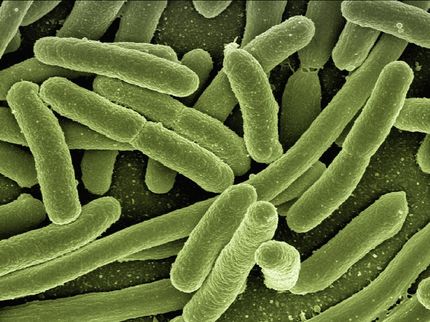Beyond Genomics and AstraZeneca to apply Systems Biology to Toxicology Study
Waltham, MA - Beyond genomics, Inc. announced that it has entered into a pilot agreement with AstraZeneca to apply its systems biology expertise to the area of predictive toxicology. Beyond Genomics (BG) will utilize its proprietary Systems Biology platforms and BioSystematics(TM) informatics tools to analyze and integrate transcript, protein, and metabolite data in a study designed to discover biomarkers of drug-induced toxicity. Financial terms were not disclosed.
"By partnering with AstraZeneca, a global leader in pharmaceutical research and development, in the important area of toxicology, we can demonstrate that BG's Systems Biology approach delivers critical knowledge that can be applied to reduce development costs and advance drugs with improved safety profiles," Muz Mansuri, Executive Chairman of Beyond Genomics explained.
BG's proprietary Systems Biology platforms generate BioSystem Markers(TM), unique molecular "signatures" indicative of various biological states such as health, disease, therapeutic response, or, in the case of predictive toxicology, early indicators of a toxic response. BioSystem Markers(TM) are discovered by using relevant human or animal samples and are comprised of one or more biomolecular class (e.g., transcript, protein, and metabolite) that, when evaluated together, are uniquely characteristic of a biological state.
Other news from the department business & finance

Get the life science industry in your inbox
By submitting this form you agree that LUMITOS AG will send you the newsletter(s) selected above by email. Your data will not be passed on to third parties. Your data will be stored and processed in accordance with our data protection regulations. LUMITOS may contact you by email for the purpose of advertising or market and opinion surveys. You can revoke your consent at any time without giving reasons to LUMITOS AG, Ernst-Augustin-Str. 2, 12489 Berlin, Germany or by e-mail at revoke@lumitos.com with effect for the future. In addition, each email contains a link to unsubscribe from the corresponding newsletter.
More news from our other portals
Last viewed contents
Elan and Biogen Idec Initiate First Clinical Trial of TYSABRI in Oncology
New Phase II data show Novartis' ACZ885 gave better pain relief and flare prevention for patients with chronic gout
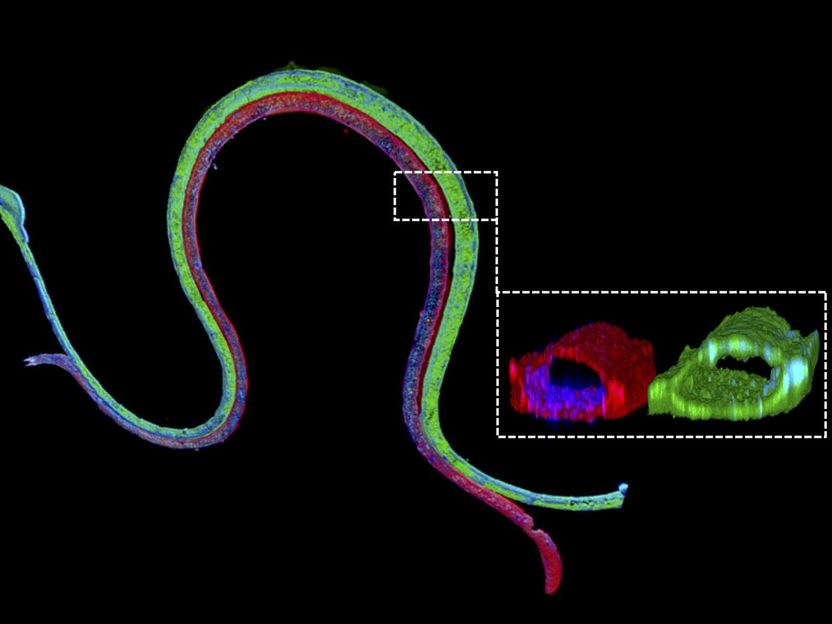
Renal reabsorption in living devices - 3D bioprinted, vascularized proximal tubules mimic the human kidney's reabsorption functions
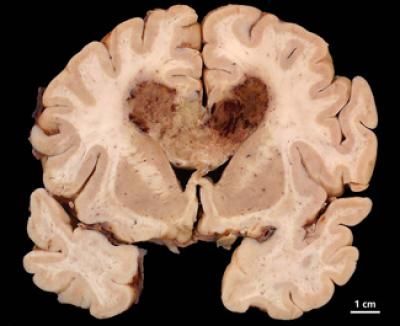
Brain cancer cells hide while drugs seek - Tumor cells temporarily lose mutation to evade drugs targeting mutation
FORMAC strengthens management with appointment of CSO and COO
Experimental drug shows promise against brain, prostate cancers

Right under your nose: A more convenient way to diagnose Alzheimer's disease - Certain proteins in nasal discharge can indicate the onset and progression of Alzheimer's, providing an avenue for early detection
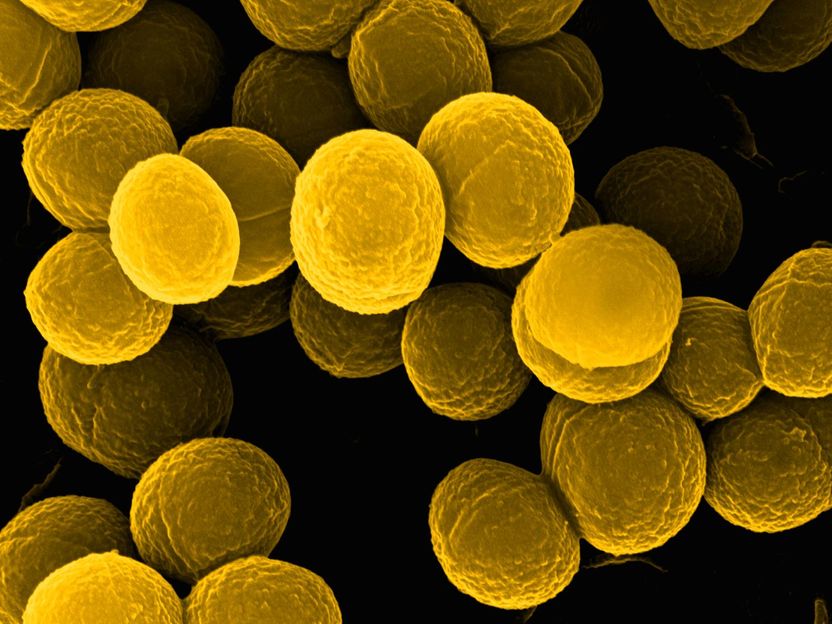
A bright spot for microbiological diagnostics - Researchers develop molecular probes to detect pathogens in clinical samples

New findings on the enzyme that breaks down PET plastic - Scientists increase efficiency: Start-up company in preparation
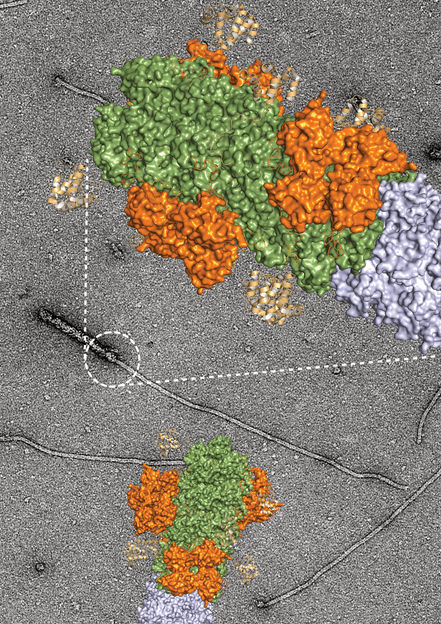
"Growing end" of inflammation discovered - Stopping chronic inflammatory diseases
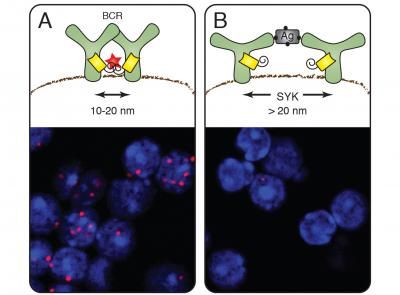
Nanoscale ruler reveals organization of the cell membrane - Freiburg biologists measure distances and the arrangement of membrane molecules in nanometer range

